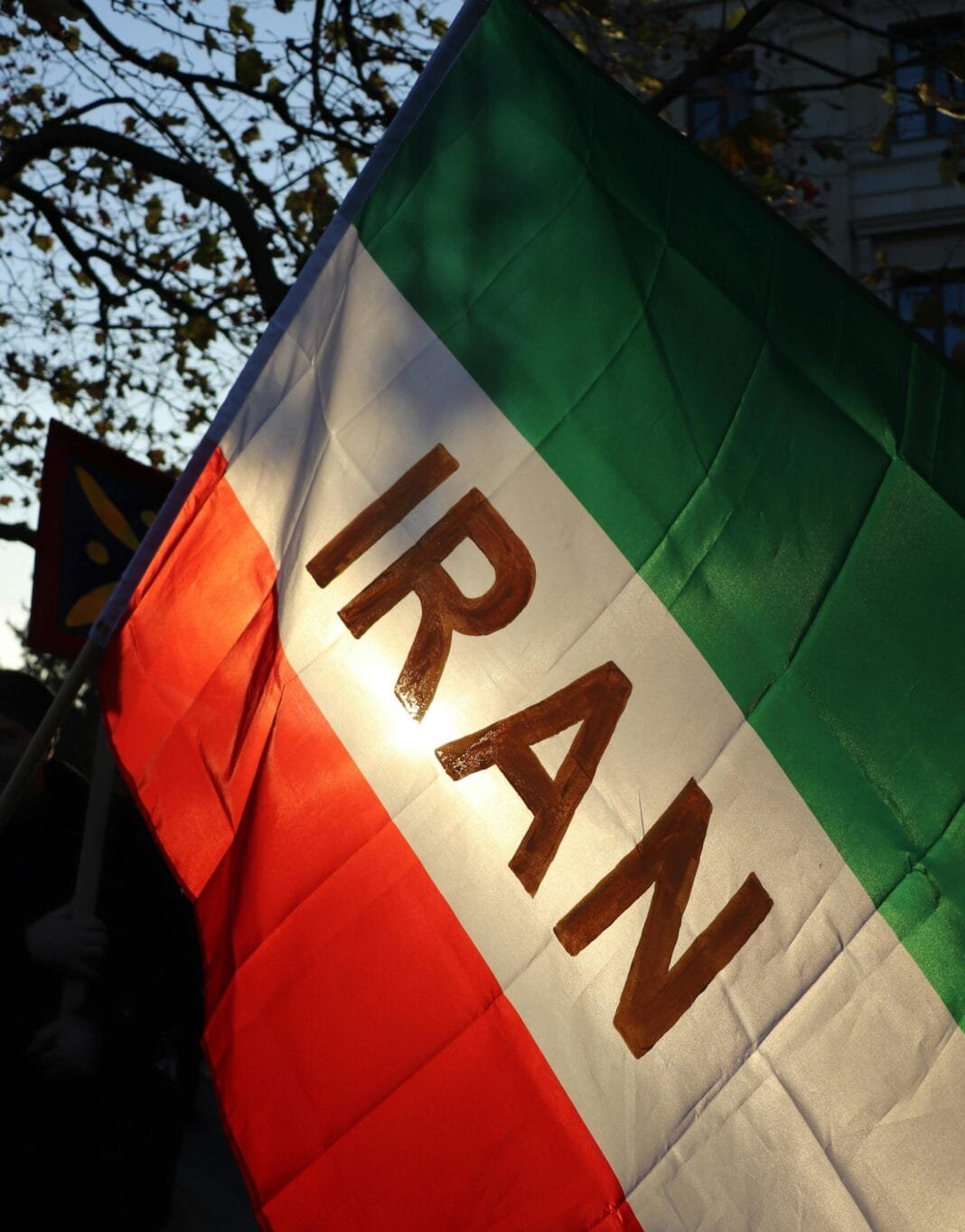A controversial Iranian crowdfunding campaign, known as Blood Covenant, claims to have raised approximately $40 million to finance the assassination of former U.S. President Donald J. Trump, billing the effort as a “divine sentence” and urging Islamic followers worldwide to participate. Analysts characterize it as a “call to jihad,” igniting concerns about state-sponsored online extremism.
What is Blood Covenant?
Launched in early July via an Iranian-based crowdfunding site, Blood Covenant publicly announced a multi-million-dollar bounty on Trump’s life. The campaign material included a striking image of Trump placed in sniper crosshairs, reinforced by passages from the Qur’an calling believers to “strive with your wealth and your lives in the cause of Allah.”
Critically, analysts observe that the initiative followed multiple fatwas (religious decrees) from senior Iranian clerics, including Grand Ayatollah Nasser Makarem Shirazi – widely considered close to Supreme Leader Ali Khamenei – who declared Trump “an enemy of Allah,” legitimising his assassination under religious law.
Links to State Entities and Religious Authorities
Evidence suggests this is not a grassroots movement. Sources from the U.S.-based Middle East Media Research Institute (MEMRI) note state-run media coverage, including programming on Fars News Agency and Revolutionary Guard–aligned outlets. MEMRI’s analysis warns the campaign appears “state‑sanctioned.”
www.israelhayom.com
Further, metadata analysis by the Foundation for Defense of Democracies (FDD) connects the initiative’s website to Hossein Abbasifar, a former employee of Islamic Republic of Iran Broadcasting (IRIB) – a main propaganda arm of Iran’s state. This link implies official orchestration rather than rogue actor activity.
Religious Messaging and Jihad Framing
Iranian religious messaging has amplified the campaign’s reach:
Grand Ayatollah Shirazi’s fatwa (June 29, 2025) declared Trump an “enemy of Allah” after a U.S. strike on Iran’s nuclear facilities, providing moral sanction for assassination.
MEMRI reports highlight how Blood Covenant’s pledging of “paradise” for the perpetrator reinforces its framing as a holy war, urging Muslims to contribute financially or act militarily – characteristics analysts say mirror jihadist fundraising tactics.
Clerics in Qom, Iran’s religious center, preached that Trump’s blood was “permissible” under religious law – a declaration that broadens the campaign’s base for engagement.
International Security Concerns
Experts warn Blood Covenant’s campaign marks a worrisome trend: the leveraging of crowdfunding platforms for transnational assassination efforts. The claimed $40 million kitty signals a substantial escalation in cyber-enabled terror tactics, flagging calls for international regulation and technological intervention.
U.S. officials are already reacting: A senior State Department representative emphasized Washington is “using every tool at our disposal, including sanctions” within the Trump administration’s “maximum pressure” doctrine.
The FDD analysts suggest that identifying Abbasifar provides grounds for targeted sanctions.
Iran-U.S. Relations: Context & Escalation
This development comes amid mounting tensions between Iran and Washington. In late June 2025, U.S. airstrikes struck Iran’s nuclear infrastructure, prompting retaliatory rhetoric from Tehran. Trump, no longer in office, nonetheless remains a flashpoint, and his renewed political prominence fuels Tehran’s inflamed discourse.
The recent escalation diverges from cyber attacks and proxy skirmishes: here, Tehran appears to be weaponizing digital fundraising and religious edicts in pursuit of geopolitical revenge.
Legal and Ethical Dimension
Legally, soliciting or offering funds for the assassination of a foreign leader contravenes international terrorism laws. Supporters of Blood Covenant could face a range of sanctions, from asset freezes to diplomatic reprisals.
Ethically, the rhetoric surrounding religious justification for violence raises the specter of radicalization. Analysts caution that presenting assassination as virtuous jihad could radicalize otherwise moderate individuals, especially in diasporic communities with access to crowdfunding.
What’s Next?
Key developments to monitor:
1. Sanctions against Abbasifar – FDD and U.S. State Department may pressure for targeted financial and travel restrictions.
2. Crowdfunding crackdowns – Regulatory bodies may push payment processors and platforms to limit access to extremist campaigns.
3. Diplomatic responses – U.S. and allied governments likely to raise the issue in international forums, bipartisan support expected for condemnation and action.
4. Iran’s internal response – How Tehran reacts to sanctions or global pressure, whether it distances itself or doubles down, will shape future escalation.
The Blood Covenant campaign reflects a dangerous evolution: digital fundraising for extremist lethal action, backed by religious justification and potential state involvement. As Iranian clerics frame assassination as a divine pledge and state actors seem entangled, global security authorities face a pressing challenge – countering digital methods of terror financing before rhetoric hardens into deadly reality



